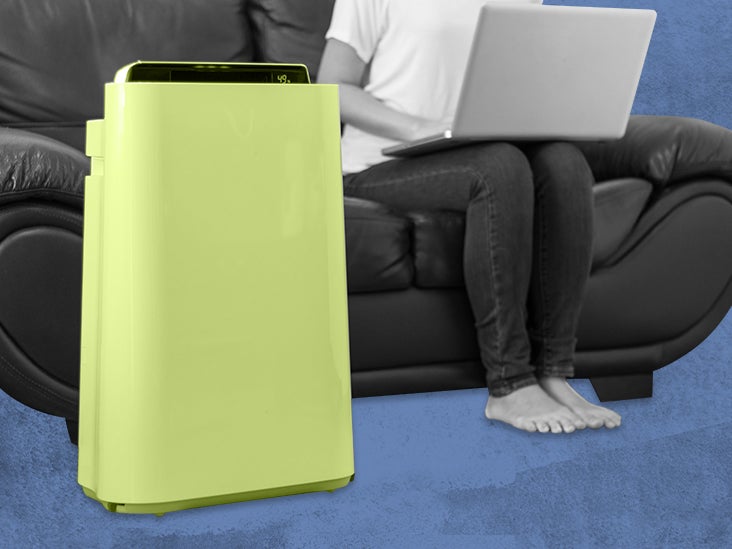Indoor air quality has become an increasingly important concern in recent years, especially in light of the ongoing COVID-19 pandemic. One popular solution for improving indoor air quality is the use of UV air purifiers, which use ultraviolet light to kill bacteria, viruses, and other airborne pathogens.

While UV air purifiers can be effective at sanitizing indoor air, they also come with some potential drawbacks and health risks that should be taken into consideration before making a purchase. In this blog post, we'll explore the pros, cons, and effectiveness of UV air purifiers and discuss their impact on indoor air quality.
Pros of UV Air Purifiers
One of the primary advantages of UV air purifiers is their ability to kill a wide range of airborne pathogens, including bacteria, viruses, and mold spores. UV light has been used for decades to sterilize medical equipment and water supplies, and its effectiveness at killing pathogens is well-established.
Another advantage of UV air purifiers is that they don't produce any harmful byproducts or chemicals, making them a safe and eco-friendly way to sanitize indoor air. Unlike conventional air purifiers that rely on filters or chemicals to remove impurities from the air, UV air purifiers require no ongoing maintenance or replacement parts.
Cons of UV Air Purifiers
Despite their many benefits, UV air purifiers also have some potential drawbacks and health risks. One of the main concerns with UV air purifiers is that they can produce ozone, a gas that can cause respiratory symptoms such as coughing, chest pain, and shortness of breath.
While the amount of ozone produced by UV air purifiers is typically very low and well within safe limits, prolonged exposure to high levels of ozone can be harmful to human health. Some individuals may be more sensitive to ozone than others, and prolonged exposure can worsen existing respiratory conditions such as asthma or chronic obstructive pulmonary disease (COPD).
Effectiveness of UV Air Purifiers
The effectiveness of UV air purifiers in sanitizing indoor air depends largely on the strength and wavelength of the UV light used. While UV light can be effective at killing some types of bacteria and viruses, it may not be effective against all types of airborne pathogens.
In addition, UV air purifiers are typically used in conjunction with other types of air purifiers, such as HEPA filters or activated carbon filters, to provide a multi-stage approach to indoor air quality. UV air purifiers are best suited for killing airborne pathogens and are less effective at removing particulate matter such as dust and pollen.
Conclusion
UV air purifiers can be effective at sanitizing indoor air and killing a wide range of airborne pathogens, but they also come with potential health risks and drawbacks. Before purchasing a UV air purifier, it's important to consider the potential risks and effectiveness of these devices and weigh them against the benefits they offer.
If you're considering a UV air purifier, be sure to look for models that have been certified by reputable organizations such as the Environmental Protection Agency (EPA) or the American Lung Association. By taking the time to research and compare different brands and models, you can make an informed decision that will improve the overall air quality of your home or business.
